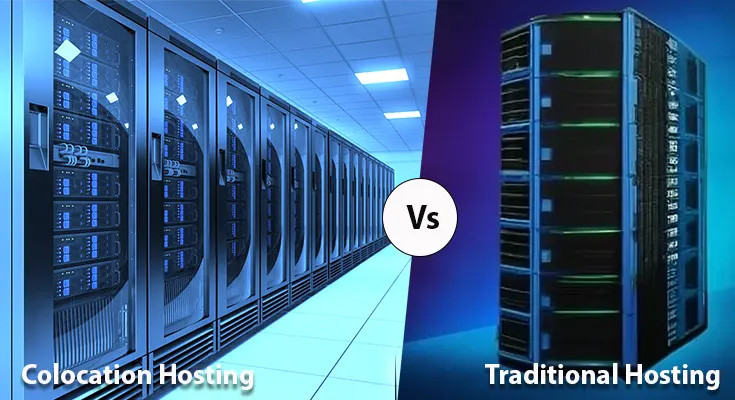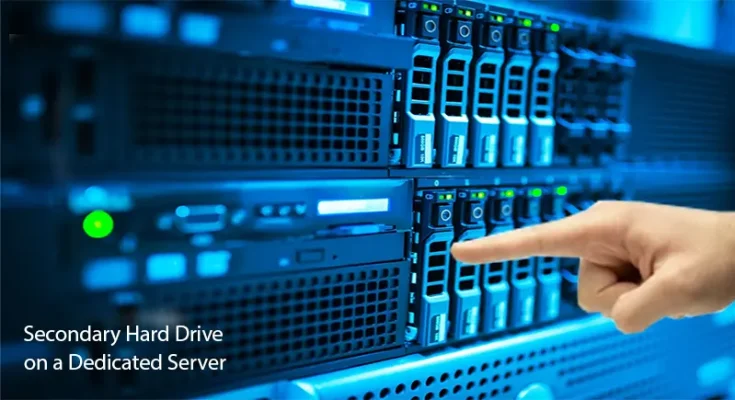
The Best Remote Graphic Designer Jobs with Flexible Work Hours in 2024
The field of graphic design is continuously expanding, and as technology and work culture evolve, the opportunity for flexible work hours and remote work is becoming more prevalent. Remote jobs have become more appealing, especially to graphic designers who value the freedom and choice that come with working outside of a traditional office setting. In this article, we’ll discuss some of the best remote graphic designer jobs with flexible work hours that are predicted to be on the rise in 2024.
Digital Marketing Agencies
Digital marketing agencies have permanently shifted their model to remote work, providing ample opportunities for graphic designers. These firms specialize in creating marketing campaigns for businesses across the world, and their design teams work remotely, collaborating with each other over project management software, and cloud-based tools. With flexible hours and no geographical barriers, designers are free to work anytime and anywhere.
E-commerce Platforms
As online shopping …
The Best Remote Graphic Designer Jobs with Flexible Work Hours in 2024 CONTINUE READING >>>



